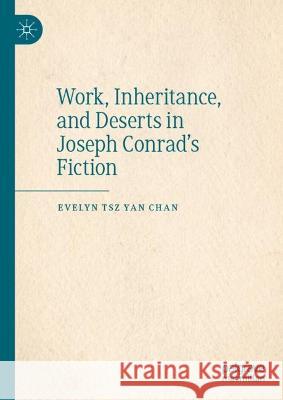Work, Inheritance, and Deserts in Joseph Conrad's Fiction » książka
topmenu
Work, Inheritance, and Deserts in Joseph Conrad's Fiction
ISBN-13: 9789811925832 / Angielski / Twarda / 2022 / 93 str.
Work, Inheritance, and Deserts in Joseph Conrad's Fiction
ISBN-13: 9789811925832 / Angielski / Twarda / 2022 / 93 str.
cena 402,53
(netto: 383,36 VAT: 5%)
Najniższa cena z 30 dni: 385,52
(netto: 383,36 VAT: 5%)
Najniższa cena z 30 dni: 385,52
Termin realizacji zamówienia:
ok. 22 dni roboczych.
ok. 22 dni roboczych.
Darmowa dostawa!
Kategorie:
Kategorie BISAC:
Wydawca:
Springer Verlag, Singapore
Język:
Angielski
ISBN-13:
9789811925832
Rok wydania:
2022
Ilość stron:
93
Wymiary:
21.0 x 14.8
Oprawa:
Twarda
Dodatkowe informacje:
Wydanie ilustrowane











